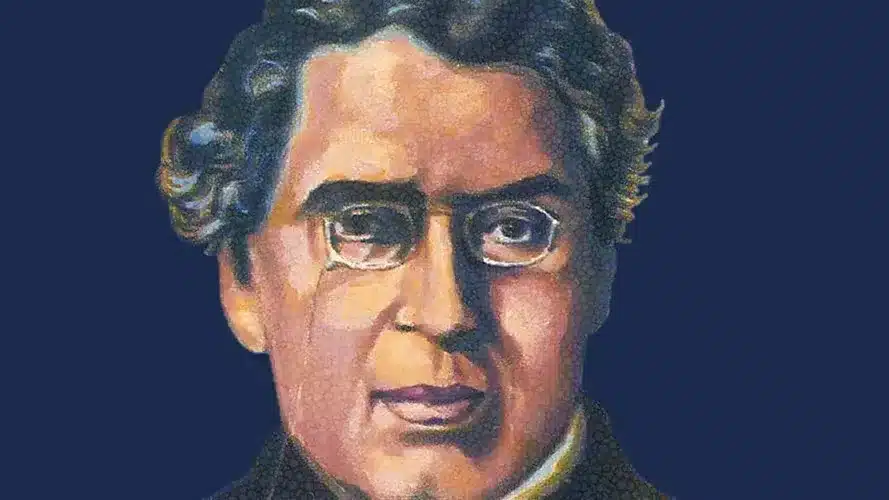Jagadish Chandra Bose: A Pioneer in Plant and Animal Biology

Jagadish Chandra Bose (30 November 1858 – 23 November 1937) was a biologist, physicist, and botanist. He was first Indian scientists who proved by experimentation that both animals and plants share much in common.
Life and Career
He was born on 30 November 1858, Bikrampur, British India. His father Bhagawan Chandra Bose was a leading member of Brahmo Samaj and worked as a Deputy Magistrate and Assistant Commissioner of Police. His did his primary education in a vernacular school. In 1869, he joined Hare school and then St. Xavier’s School at Kolkata. In 1875, he qualifies the entrance examination of University of Kolkata, and joined St. Xavier’s College, Kolkata, where he met with Jesuit Father Eugene Lafont, he played a significant role in his life to developing his interest in Natural Science. And, in 1879, He received his B.A degree.
After completing his graduation, He went to England to study Medicine at University of London. In 1884, after completing his B.Sc degree from Cambridge University, he returned to India, and was appointed as a professor of physical science at Presidency College, Kolkata.
In 1917, He established a Bose Institute in Kolkata. He served as director of his Institute Until his death. His major contribution in the field of biophysics was the demonstration of the electrical nature of the conduction of various stimuli in plants, which were earlier thought to be of a chemical nature. Understand the heliotropic movements of plants, he invented a torsional recorder. He found that light applied to one side of the sunflower caused turgor to increase on the opposite side. And he was also the first to study the action of microwaves in plant tissues and corresponding changes in the cell membrane potential.
He also researched the behavior of radio waves. He made improvements on another instrument called ‘the coherer’, for detecting the radio waves. In 1920, He was elected a Fellow of the Royal Society for his amazing contributions and achievements. He died on 23 November 1937, in Giridih, India. On 30 November 2016, a Google Doodle was created to celebrate Jagadish Chandra Bose’s 158th Birthday.
Observer Voice is the one stop site for National, International news, Sports, Editor’s Choice, Art/culture contents, Quotes and much more. We also cover historical contents. Historical contents includes World History, Indian History, and what happened today. The website also covers Entertainment across the India and World.
Follow Us on Twitter, Instagram, Facebook, & LinkedIn

